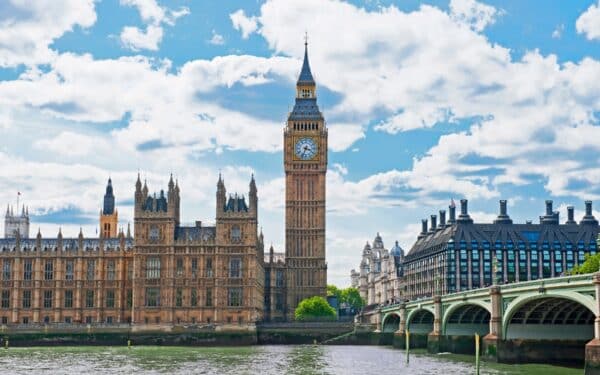Voters punishing politicians who don’t do what they say will
Dear Sir,
I am an avid reader of the editor’s articles and those of his Reaction colleagues. However, his commentary, like most of his fellow commentators, tends to fall into the “Tories down, Labour up and vice versa… future will be same as past” tramlines.
Perhaps there is something more fundamental at work in the UK after years of Blairite spin.
In particular the electorate seems willing to punish politicians who win
power by promising something (e.g. deliver Brexit) and then fail to do so. The Lib Dems failure on student fees was perhaps the most recent case of the electorate expressing their anger. In my view this is healthy behaviour by the electorate.
On your recent podcast the view was expressed that the Tories will suffer if they elect a no deal leader. But the electorate may well like someone who
promises to do something that at least a significant minority want to happen. No deal has been ruled out by the establishment (May, Corbyn, Cooper et al) without any serious discussion of the no deal option. We are told it must be ruled out but why?
There is also an assumption that a fragmentation of the right will benefit Labour but Labour’s rickety coalition is not looking much healthier than that of the Tories and a realignment of the right is unlikely to leave Labour untouched.
David Gow
Spain up in arms
Dear Sir,
I read with interest Jordi Cornella-Detrell’s article on censorship in Franco’s Spain and its alleged continuation to the present day.
The history of the Spanish Civil War and its aftermath have been written almost exclusively, and unusually, by the losers rather than the victors.
There has been a resurgence of interest in that war in recent years and the temptation of most historians is to remain within the safe confines of conventional leftist thought and not to venture outside into dangerous territory where the writer may be denounced as a Franco apologist.
This attitude has become more pronounced in recent years. Historical perspectives have been subordinated to current political trends but in order that the Franco regime’s draconian laws be put in to some form of perspective it is necessary to read many accounts of the political turmoil that led directly to parts of the Spanish military rebelling against the elected government at that time. An excellent account of the political trauma that shook Spain in the early 1930s can be found in the book The Spanish Civil War by Stanley Payne.
Max Dunbar
You’ll miss the Tories when they’re gone
In Gerald Warner’s piece in Reaction last week on the death of the Tory party he said that there is no hope for its survival. He is right that the Conservatives have cocked it up. Many of us who have voted for them on and off for decades are angry with how the MPs and cabinet have behaved.
Will the MPs ever pluck up the courage to remove Theresa May from Number 10? It is like Waiting for Godot. Nothing ever happens.
Nonetheless, we have a two-party system in the United Kingdom. There are lots of other parties but the government is generally chosen between Labour and the Conservatives. If the Tories collapse, the country gets Labour or Labour propped up by the SNP. People think things can’t get any worse than they are now. They’re wrong. It can get a lot worse.
Susan Campbell,
Edinburgh
Bombardier Brexit bust-up
When I saw the headline on Walter’s Ellis’s recent article about Bombardier I had to splutter my way through the piece. Of course, if someone’s selling or closing a plant in Belfast, it has to be because of Brexit doesn’t it?
Odd then that Bombardier itself hasn’t eagerly grasped this figleaf. Quite the opposite. There’s this from Bloomberg:
“Speaking to journalists after the annual meeting of shareholders in Montreal, [Chief Executive Officer Alain ] Bellemare said the decision to sell the Belfast plant had nothing to do with Brexit, adding the company also employs 4,000 people on the train side in the U.K. and “loves” its presence there.”
“This asset could benefit from having a company that would focus on aerostructure to grow because the potential in Belfast is very significant,” he said. “It’s a high-value business and we’re confident there will be lots of interested buyers.”
In fact, if you scour the financial pages much you will see that Bombardier has been slowly shrinking and shedding much of its aviation business, not least because of crippling debt. The Flight Global site describes the company’s slow dismemberment of its aerospace operation thus: Bombardier seems increasingly like the Black Knight in the film Monty Python and the Holy Grail who, as each limb is hacked away, pronounces that “’tis but a scratch”.
Nice try Walter, but nul points.
Tony Allaway,
London




